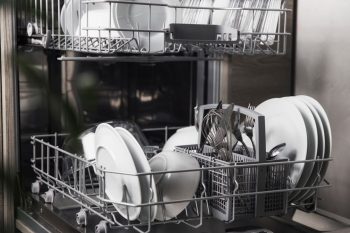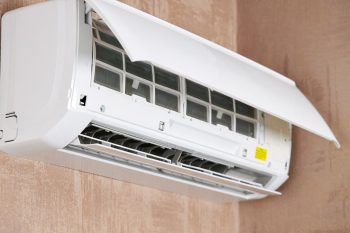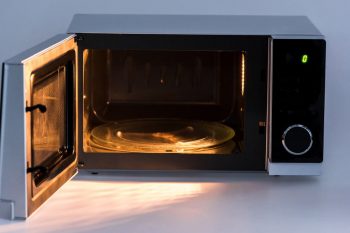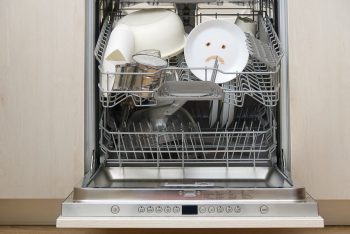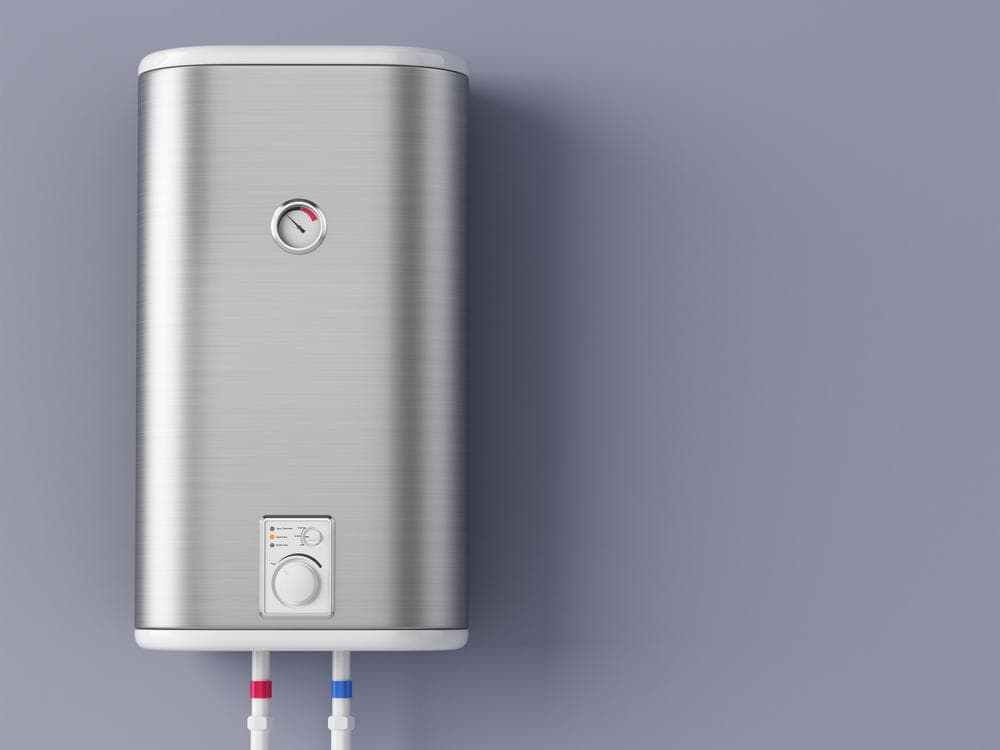
Water heaters are essential household appliances that provide us with the comfort of hot water for cooking, cleaning, and bathing. However, like any other appliance, they can sometimes malfunction, and one common issue is the need to reset the water heater. In this comprehensive guide, we’ll delve into the reasons why resetting a water heater is necessary, the indications that a reset is required, the potential problems that can occur if a water heater is not reset, and how to safely reset your water heater.
Resetting a water heater is necessary when the safety features, such as the high-limit switch or reset button, are triggered due to a malfunction or unsafe condition. This can be caused by issues like a faulty thermostat, loose wiring, or corrosion. Resetting can temporarily restore the water heater’s functionality. However, if the reset button keeps tripping, it’s a sign of a larger issue that needs professional attention.
Why is it Necessary to Reset a Water Heater?
Resetting a water heater becomes necessary when the water heater’s safety features, such as the high-limit switch or reset button, are triggered due to a malfunction or unsafe condition. These features are designed to protect your household from the dangers of scalding water.
Common reasons for the reset button to trip include: – Faulty thermostat – Loose wiring – Corrosion – Grounding issue – Faulty high-limit switch – Bad heating element
Resetting the water heater can temporarily restore its functionality. However, if the reset button keeps tripping, it’s a sign of a larger issue that needs to be addressed by a professional to ensure the safety and proper functioning of the water heater.
Indications That a Water Heater Needs to be Reset
Signs that your water heater needs to be reset include: – No hot water or inconsistent hot water supply – Overheating – Tripped reset button – Circuit breaker issues
If you need to reset your water heater frequently, it could indicate a more significant problem that should be addressed by a professional plumber.
Potential Problems if a Water Heater is Not Reset
Ignoring the need to reset your water heater can lead to several potential problems, posing risks to both the appliance’s performance and user safety. These include: – Scalding water – Fire hazard – Corrosion – Electrical issues – Malfunctioning high limit switch – Worn-out or broken heating elements
How to Safely Reset a Water Heater
To safely reset a water heater, follow these steps: 1. Turn off the power. 2. Remove the cover plates. 3. Remove the insulation pad. 4. Press the reset button. 5. Reassemble the water heater. 6. Restore power.
Remember, if your water heater’s reset button trips frequently, there might be an underlying issue that needs to be addressed by a professional plumber.
Risks and Safety Concerns
Resetting a water heater can pose some risks and safety concerns, especially if there are underlying issues with the appliance. Electrical hazards, overheating, corrosion, grounding issues, and a malfunctioning high limit switch are some of the risks associated with resetting a water heater. It’s always recommended to hire a licensed plumber to address any issues with your water heater.
When to Call a Professional
It’s advisable to call a professional in situations such as no hot water, strange noises, leaking water heater, discolored or smelly hot water, frequent tripping of the circuit breaker or reset button, and signs of corrosion.
Can You Reset a Gas Water Heater?
Yes, you can reset a gas water heater. However, if the pilot light doesn’t stay lit or goes out repeatedly, there might be an issue with the thermocouple or other components, and you should call a professional for assistance.
In conclusion, resetting a water heater is a common solution to several issues, but it’s crucial to understand why it’s necessary, when it should be done, and how to do it safely. Always consult a professional if you’re unsure or if the problem persists after resetting. Regular maintenance of your water heater can also help prevent these issues, ensuring a steady supply of hot water in your home.
Frequently Asked Questions
How often should I reset my water heater?
Resetting your water heater should not be a regular occurrence. If you need to reset your water heater more than once or twice a year, it’s a sign of a larger issue that should be inspected by a professional.
Can I damage my water heater by resetting it?
Resetting your water heater should not cause any damage. However, if the reset button is tripping frequently, it could be a sign of an underlying issue that could potentially damage your water heater if not addressed.
What is the lifespan of a water heater?
The lifespan of a water heater can vary based on its type, usage, and maintenance. However, most water heaters last between 8 to 12 years.
How can I extend the lifespan of my water heater?
Regular maintenance is key to extending the lifespan of your water heater. This includes draining the tank to remove sediment build-up, checking the pressure relief valve, and inspecting for signs of corrosion or leaks.
Can resetting a water heater help if I’m not getting enough hot water?
Yes, resetting your water heater can help if you’re not getting enough hot water. However, if the issue persists after resetting, it could be due to a faulty thermostat, a broken heating element, or sediment build-up in the tank, which should be addressed by a professional.


